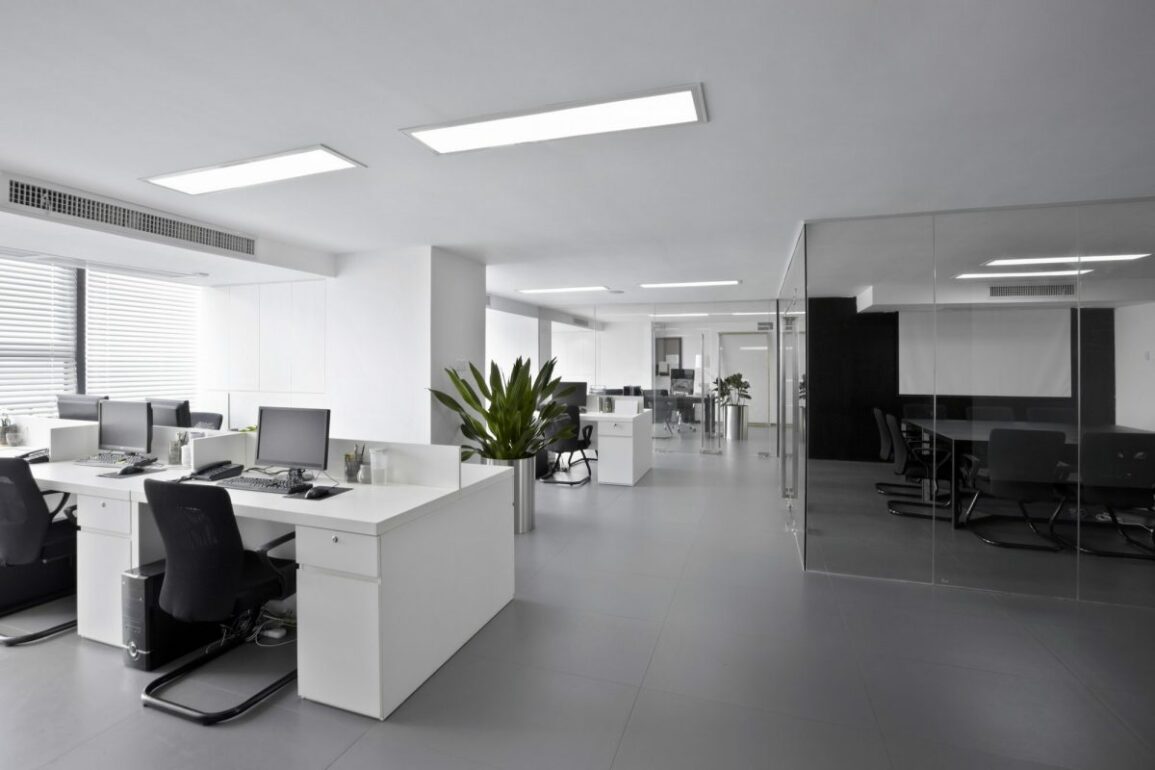Permitted Use of Commercial Premises in England and Wales
In the United Kingdom, the use of commercial premises is subject to regulations and permissions to ensure proper planning and compliance with local laws. Understanding the permitted use of commercial properties is crucial for property owners, tenants, and businesses. Here is an overview aligned with the laws of England and Wales:
Planning Permission
Before using commercial premises, it’s essential to obtain planning permission from the local planning authority. This ensures that the proposed use aligns with zoning regulations and local development plans.
Use Classes
Commercial properties in the UK are classified into different use classes, specifying the permitted purposes for which they can be utilized. Changes in use often require planning permission. Common use classes include A1 (shops), A2 (financial and professional services), A3 (restaurants and cafes), B1 (business), and more.
Change of Use
If there is a desire to change the use of a commercial property, it may necessitate obtaining planning permission. For example, converting offices (B1) into residential units (C3) usually requires approval.
Temporary Change of Use
In certain cases, temporary changes of use may be allowed without formal planning permission. However, specific conditions must be met, and the duration of the change is often limited.
Restrictions in Lease Agreements
Commercial leases typically outline the permitted use of the premises. Both landlords and tenants must adhere to the specified use to avoid breaching lease terms. Any desired changes may require negotiation and agreement between parties.
Licensing Requirements
Depending on the nature of the business, additional licenses may be required, such as alcohol licenses for bars and restaurants. Businesses must ensure compliance with licensing regulations relevant to their operations.
Health and Safety Compliance
Commercial premises must comply with health and safety regulations. This includes ensuring that the layout, facilities, and operations meet safety standards to protect occupants and visitors.
Accessibility Compliance
Businesses must consider accessibility requirements, ensuring that commercial premises are accessible to individuals with disabilities. Compliance with the Equality Act 2010 is essential.
Environmental Considerations
Environmental regulations may impact the permitted use of commercial premises. Businesses must be mindful of waste disposal, pollution prevention, and other environmental considerations.
Evolving Regulations
It’s important to stay informed about evolving regulations and changes in use classes. Legislative updates may impact the permitted use of commercial premises, necessitating adjustments to remain in compliance.
What is planning permission, and why is it necessary for commercial premises?
Planning permission is a formal approval from the local planning authority for the use or development of land. It is necessary to ensure that the proposed use aligns with zoning regulations and local development plans.
What are use classes, and how do they impact the permitted use of commercial properties?
Use classes categorize commercial properties based on their permitted uses. Understanding these classes is crucial, as changes in use often require planning permission. Common classes include A1 (shops), A2 (financial services), and B1 (business).
Can I change the use of my commercial premises without planning permission?
In some cases, temporary changes of use may be allowed without formal planning permission. However, specific conditions must be met, and the duration of the change is often limited.
How does a change of use impact commercial leases? A change of use may impact commercial leases, as they typically outline the permitted use of the premises. Both landlords and tenants must adhere to these specifications, and any desired changes may require negotiation and agreement.
What licensing requirements should businesses be aware of for their commercial premises?
Businesses may need additional licenses, such as alcohol licenses for bars and restaurants. Compliance with licensing regulations is essential for operations.
Are there health and safety requirements for commercial premises?
Yes, commercial premises must comply with health and safety regulations to ensure the safety of occupants and visitors. This includes meeting standards for layout, facilities, and operations.
What considerations are important for accessibility compliance in commercial premises?
Businesses must ensure accessibility for individuals with disabilities, complying with the Equality Act 2010. This includes providing suitable facilities and access ramps.
Do environmental regulations impact the use of commercial premises?
Yes, environmental regulations may impact commercial premises. Businesses must consider waste disposal, pollution prevention, and other environmental considerations to remain in compliance.
Can businesses make temporary changes to commercial premises without planning permission?
In some cases, temporary changes may be allowed without formal planning permission, but specific conditions must be met, and the duration is typically limited.
How can businesses stay informed about evolving regulations impacting the use of commercial premises?
Staying informed about evolving regulations can be achieved through regular engagement with local planning authorities, legal consultations, and monitoring legislative updates relevant to use classes and commercial property regulations.
- Press Release – New Product Announcement - July 19, 2024
- Blog Advertising Agreement - July 18, 2024
- Free Prize Draw Terms and Conditions - July 17, 2024









